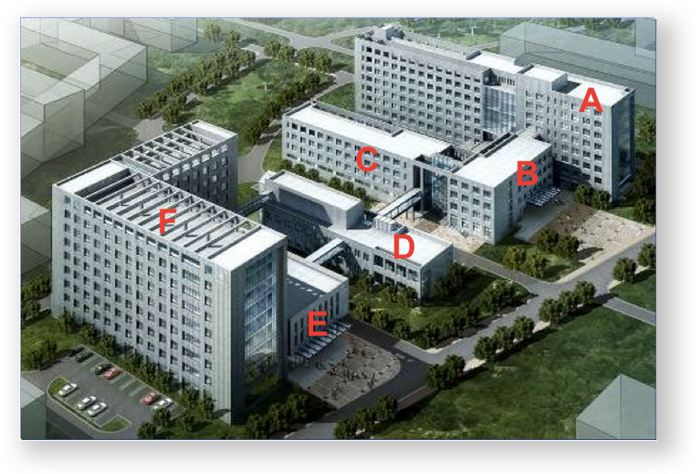About Us
CAS-TWAS Centre of Excellence for Biotechnology (CoEBio) is an open and integrative platform aiming to strengthen the biotechnology innovation capability of developing countries and to provide biotechnological solutions to the problems of resource, energy, population, health and environment in developing countries through strategic intelligence analysis, scientific cooperation, technology training, education and outreach relating to biotechnology.
Highlights
Strategic Intelligence Analysis of Biotechnology Development in Developing Countries
Link up with TWAS and other international agencies to master the actual situations and plans of developing countries on biotechnology development, providing various resources for developing countries.
Establish Biotechnology Information System for Developing Countries via CoEBio’s website, update the latest news on biotechnology development and bioeconomy, up-to-date events and new research progress of COVID-19 every day.
Compile annual report on biotechnology development in developing countries and specific report on a biotechnology and bioeconomy topics.
Construct global bioeconomy database providing professional information and strategies on bioeconomy in developing counties and allover the world.
Send Monthly e-mail newsletters specifically for biotech professionals in developing countries regularly.
Talents Cultivation for Developing Countries
Collect and release information about recruitment and biotechnology researchers within CAS to the intending students/scholars in developing countries.
Recruit and train PhD students, Postdocs and visiting scholars from developing countries under CAS President's International Fellowship Initiative (PIFI) which includes the CAS-TWAS President’s Fellowship Program.
Organize regular annual meetings for PhD students and visiting scholars to facilitate information exchange and enhance their understanding of the current biotechnology research trends.
Organization of Training Courses and Workshops for Developing Countries
Organize workshops and training courses related to biotechnology in developing countries to enhance the biotechnology communication among developing countries, newly emerging countries and developed countries and accelerate the spread of new scientific discoveries and technology breakthroughs. Since 2013. a series of workshops on industrial biotechnology and training courses on food biotechnology and synthesis biology for developing countries have been carried out. More than 300 people from nearly 30 developing countries have attended over 10 free training courses and workshops.
Coordination of Cooperation among Developing Countries in the Field of Biotechnology Research, Technical Training and Application Promotions
CoEBio develops joint R&D projects or international research programme and helps researchers from different countries to identify areas of common interests, implement existing agreements, propose new agreements, and implement these agreements into real collaborative projects, through South-South or South-North collaborations. In the future, CoEBio intends to offer assistance in identifying the needs for joint scientific efforts in biotechnology and launching new joint R&D projects to promote multi-lateral cooperation in science, technology and innovation in the South and developed countries.
Host Institute
CAS-TWAS Centre of Excellence for Biotechnology is hosted in the Institute of Microbiology, Chinese Academy of Sciences (IMCAS), which is a national comprehensive research institution that performs a wide spectrum of basic and applied research in the field of microbiology. The scientific research system of IMCAS is comprised of five laboratories: State Key Laboratory of Microbial Resources, State Key Laboratory of Plant Genomics (jointly set up by IMCAS and the Institute of Genetics and Developmental Biology, CAS), State Key Laboratory of Mycology, CAS Key Laboratory of Pathogenic Microbiology and Immunology, and CAS Key Laboratory of Microbial physiological and Metabolic Engineering. IMCAS currently employs more than 500 staff members, of whom more than 350 are researchers including 7 CAS academicians. There are 523 graduate students and 55 postdoctoral fellows at IMCAS. The institute is committed to serving national and international needs. This commitment is reflected in research and practical activities located off campus in communities throughout China. It is also realized through worldwide research cooperation, training exchanges and student exchange programs. The IMCAS has established a network of international collaborations that involve scientists from the U.S., Canada, Australia, Japan, Singapore, Russia, the United Kingdom, France and other European countries. The international orientation of the institute is an indispensable precondition for its scientific excellence and competitiveness.

For more information, please contact:
Ms. Dandan Luo
Tel: +86-10-64807351
E-mail: luodd@im.ac.cn
Add: No.1 West Beichen Road, Chaoyang District, Beijing 100101. China
Website: www.cas-twas-coebio.org